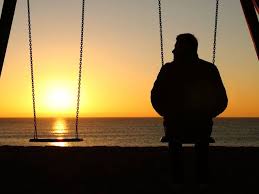Loneliness is no longer just an emotional burden—it’s a growing global health crisis. According to a recent report by the World Health Organization (WHO), an estimated 871,000 people die each year due to the harmful effects of loneliness and social isolation.
The WHO describes loneliness as a “silent epidemic” with serious physical and mental health consequences. It’s been linked to an increased risk of heart disease, stroke, depression, anxiety, dementia, and even premature death.
What’s more alarming is that loneliness affects people of all ages—not just the elderly. From young adults to retirees, social isolation is becoming more common in today’s fast-paced, digital world.
In response, the WHO has launched a new global initiative to tackle the issue head-on. The campaign calls on governments, health systems, and communities to recognize loneliness as a public health concern and take action to build more connected, supportive societies.
“Human connection is vital to well-being,” said WHO officials. “Loneliness is as dangerous as smoking 15 cigarettes a day.”
This report is a powerful reminder of the importance of staying connected—not just online, but in real life too.




